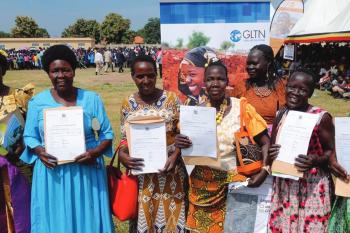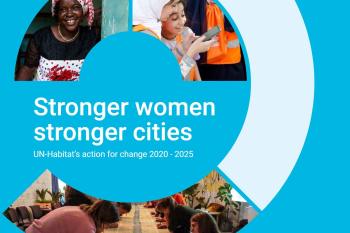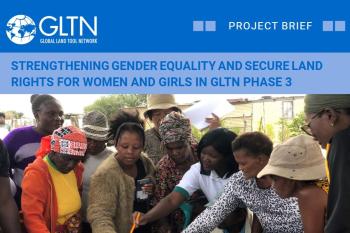
Read More
Gender Strategy for Land-at-Scale Uganda
Women’s Land Rights (WLRs) are fundamental human rights, foundational to gender equality and women’s dignity and instrumental in improving food security, effective climate action, poverty eradicati

Namati offers this brief in the hope that Myanmar’s national reforms and the implementation of the country’s new National Land Use Policy can grow from the lived experience of ordinary Myanmar citizens. Namati and our partners assist farmers in Myanmar to claim their land rights through a community paralegal approach. Community paralegals are trained in relevant laws, community education, negotiation, and mediation skills to work with farmers to resolve a variety of land rights issues. Dozens of data points are documented as part of each case resolution process that illustrate how the legal framework functions in practice. It is this casework data that underpins this policy brief. Focus groups and interviews with paralegals and clients further provide qualitative context and insights. Namati recommends actions the Myanmar government can take as part of implementing its new National Land Use Policy to help increase women’s engagement in land use management and access to tenure rights. This briefing also provides recommendations for civil society organizations interested in the community paralegal model, and, in particular, in increasing the number of women paralegals in the country as a means of women’s empowerment.

Women’s Land Rights (WLRs) are fundamental human rights, foundational to gender equality and women’s dignity and instrumental in improving food security, effective climate action, poverty eradicati

This publication presents a summary of UN-Habitat’s gender equality impact over the past five years, in line with the Beijing reporting cycle.

GLTN’s institutional commitment to gender equality and secure land rights for women and girls has been at the core of its work since inception in 2006.